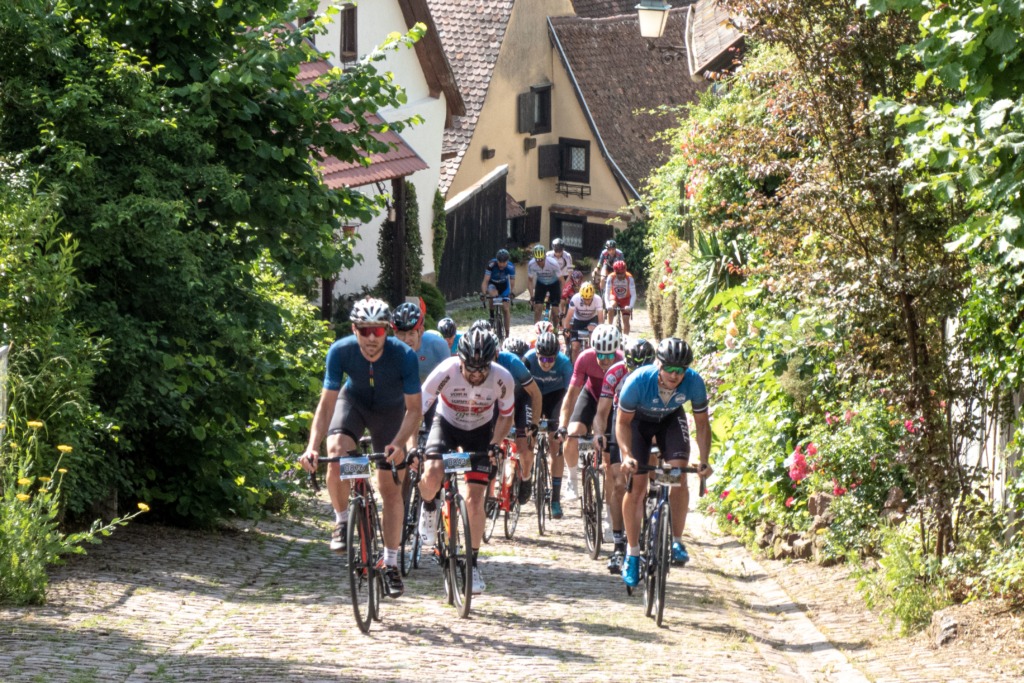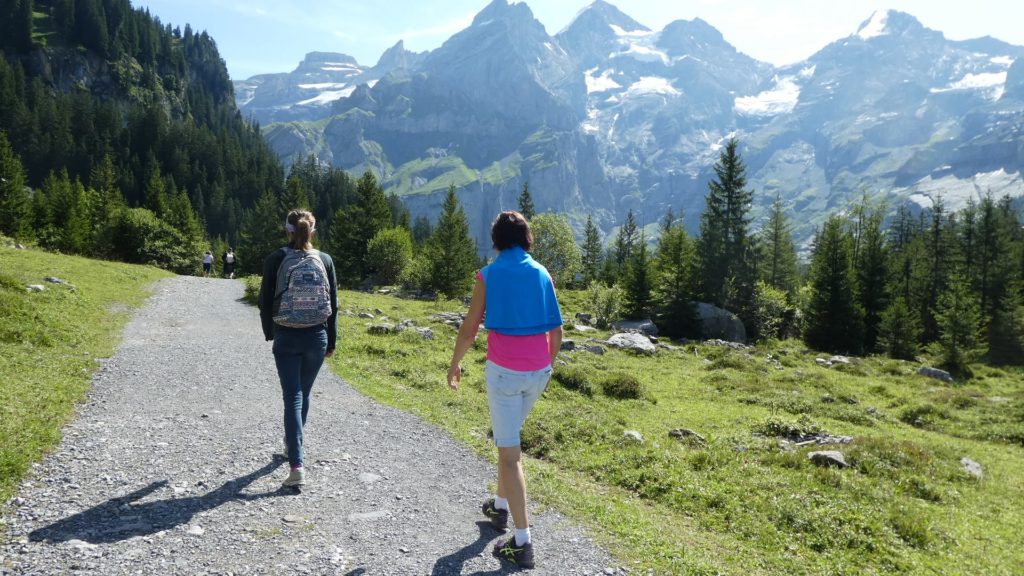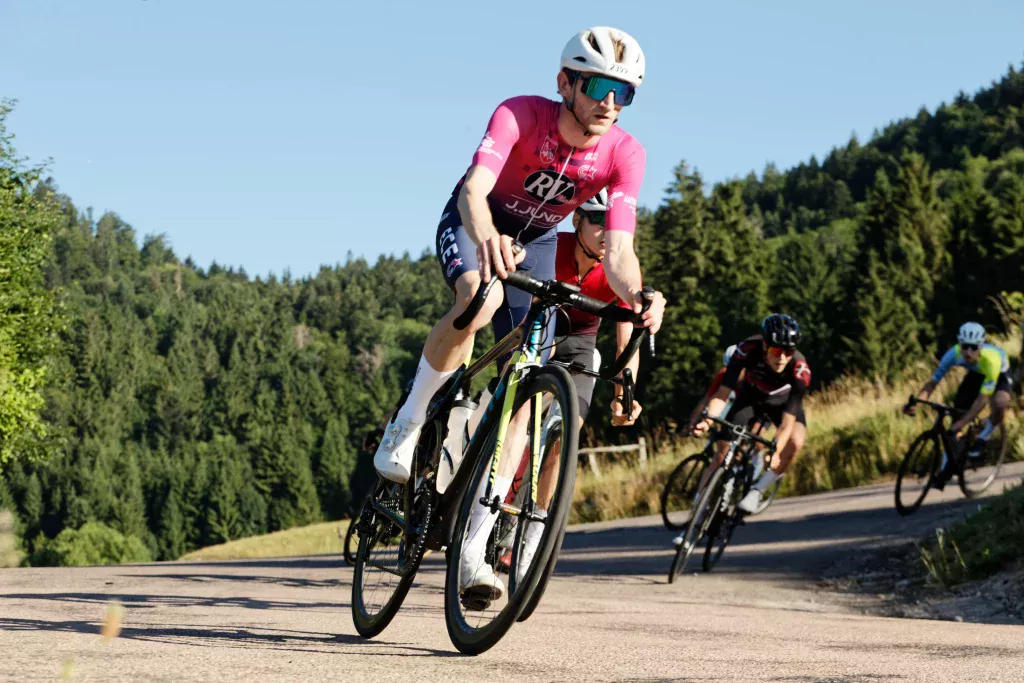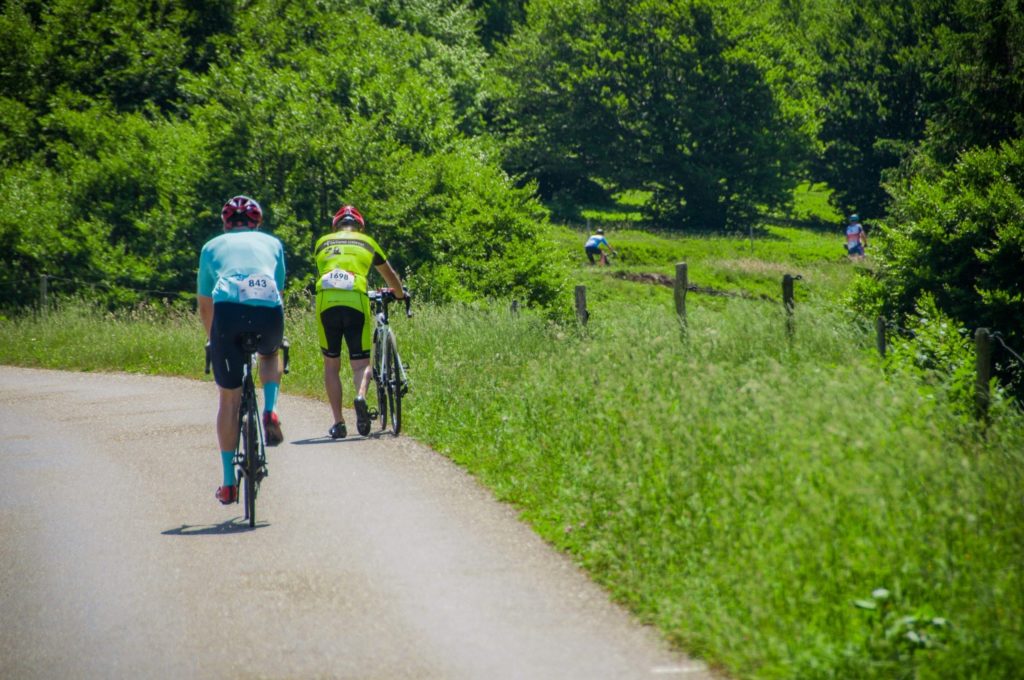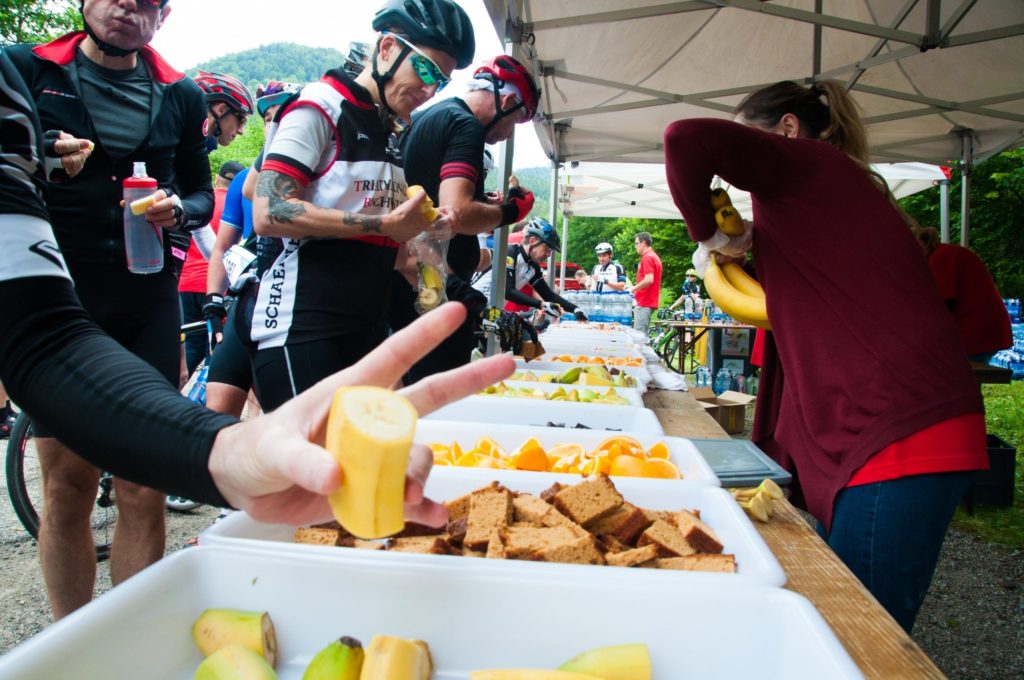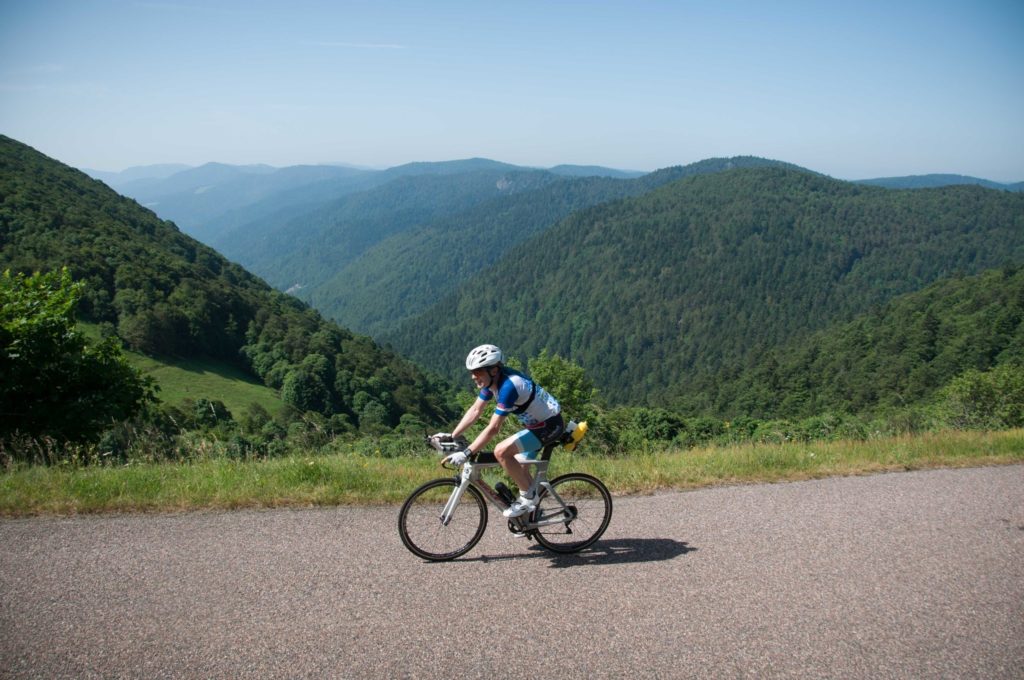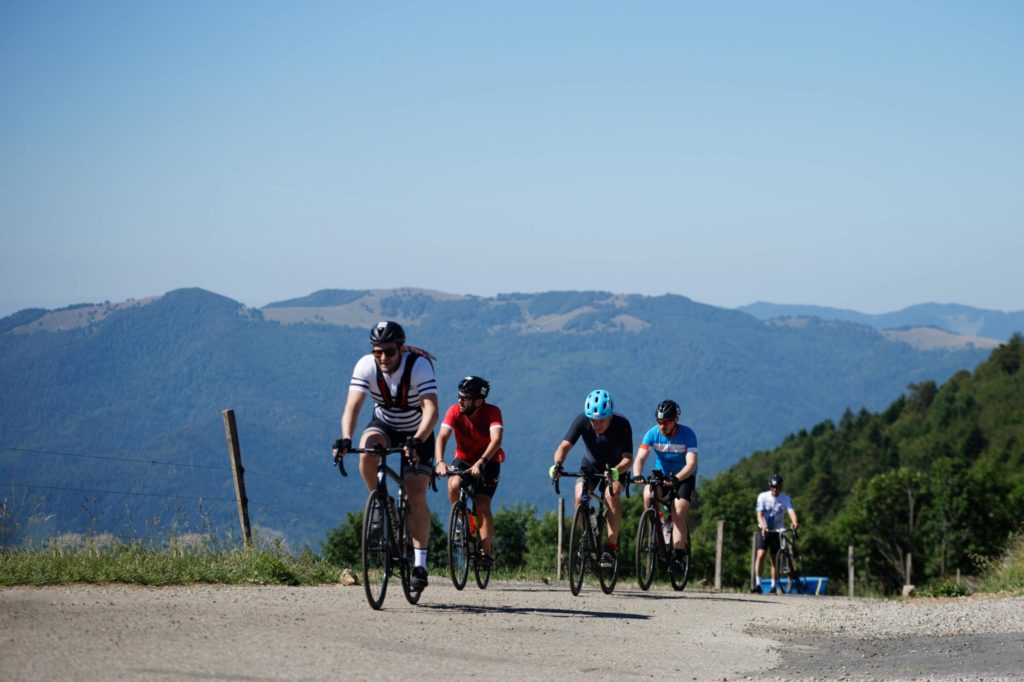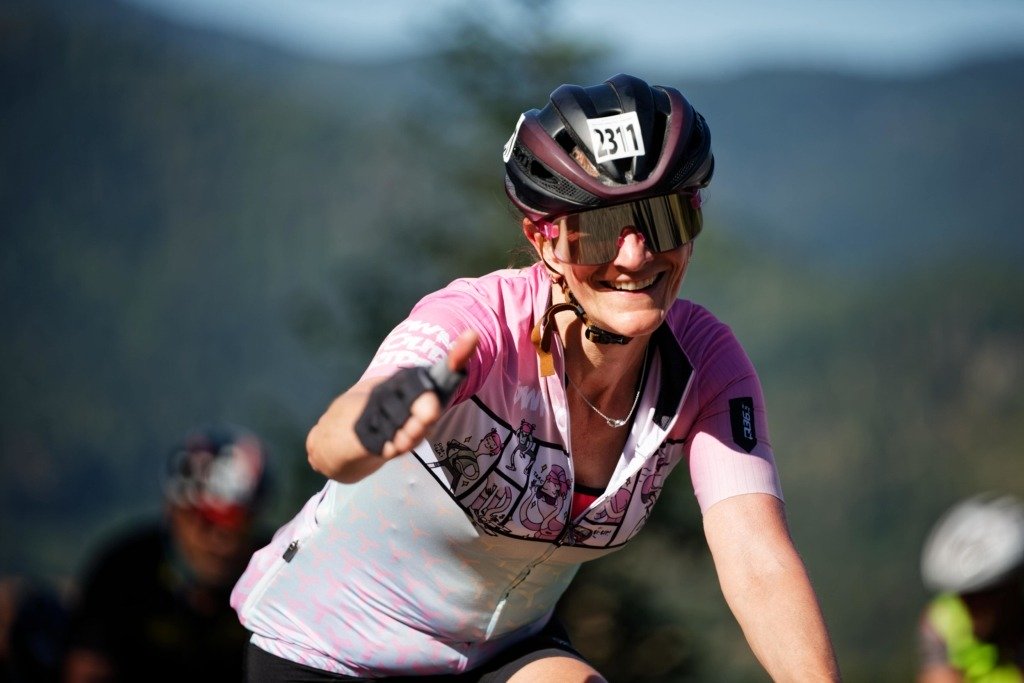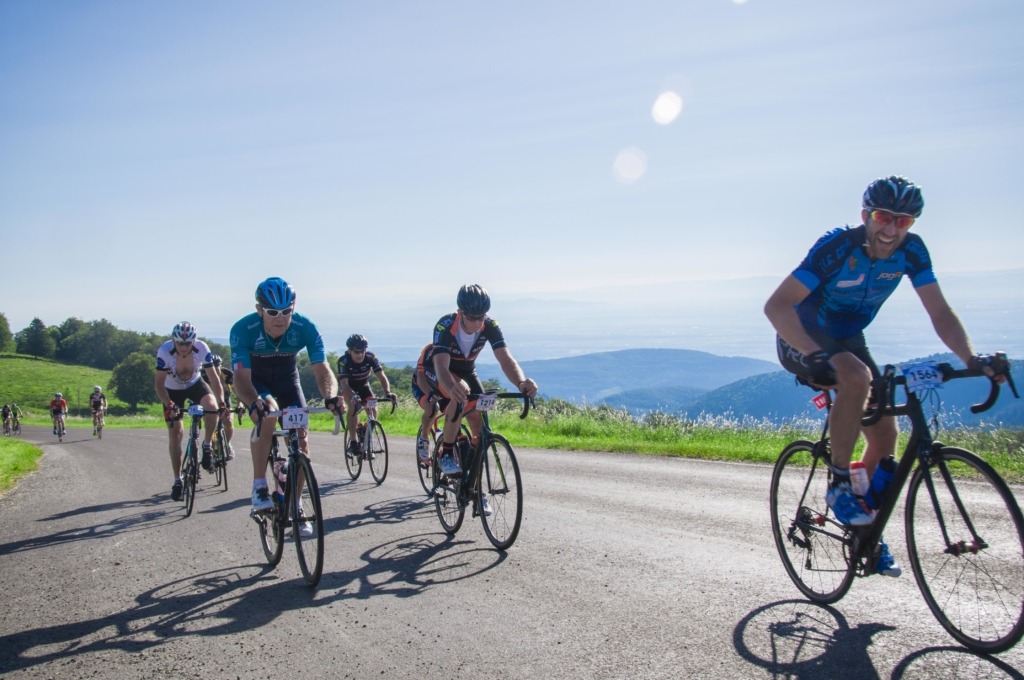Vous êtes déjà tourné vers la saison cycliste qui s’annonce ? Découvrez nos 3 conseils pour personnaliser votre pratique et donner le meilleur de vous-même ! Cet article a été rédigé par Eric GEHIN, conseiller sportif Breveté d’État et titulaire d’un DU Biologie de l’Entraînement.
1 - Assess the previous cycling season
Are you preparing for the 2025 cycling season and in particular L'Alsacienne, the cyclosportive that takes place on 29 June? You are already thinking about the coming cycling season? Before rushing headlong towards the summer, it is particularly useful to assess the previous season.
Overall, you will be more or less satisfied or dissatisfied with your season. Here are 3 questions to ask yourself:
- Did you achieve the targets you set yourself?
- Perhaps you were too ambitious?
- Or on the contrary, were you dissatisfied?
You probably also adapted your training in the autumn according to your level of fitness at the end of the last season. It will have been different depending on whether you felt tired or still full of energy, with more or less of a break.
It is also worthwhile to identify more precisely your shortcomings, possible weaknesses that hindered you last season.
The table below may help you to carry out this assessment:
Strengths and weaknesses identified in 2024
| Mark from 0 to 5 | |
|---|---|
| Cover the distance | |
| Maintaining a high average speed for 1 hour on the flat | |
| Climbing a 10 km pass | |
| Hard physical exertion for 5 minutes | |
| Coping with changes of rhythm | |
| Going uphill in a high gear while sitting down | |
| Turning your legs while in low gear | |
| Keeping your hands at the bottom of the handlebars for a long time | |
| Pedalling standing up for a long time | |
| At ease riding in a pack | |
| Managing a technical descent | |
| Managing pre-race stress | |
| Following a strict sports diet | |
| Reconciling my practice of sport with my work | |
| Reconciling my practice of sport with my family life | |
| Knowing my equipment (mechanics, derailleur, position etc.) |
By identifying your weaknesses, you will be able to guide your training over the next 3 months. These points must be taken into account right away, before it is too late. 2 solutions are provided below for dealing with problems:
- A problem of stress? It is a good idea to learn some relaxation techniques.
- Difficulties changing into high gears? One solution is specific strength exercises on your bike while continuing regular core training sessions.
In any case, your personal experience is very useful. It enables you to personalise your training and move away from standard advice which rarely suits your specific needs.
2 - Set yourself targets at the start of the year
You have probably planned to take part in L'Alsacienne. Perhaps you are aiming to do the 145 km course, or even the 170 km Gran Fondo? Are you planning to take part in events this spring as a preparation? Or is L’Alsacienne your only event? Unless it is a rehearsal for L’Etape du Tour three weeks later? Whatever the case, your training plan is centred on the cyclosportive schedule. The approach appears logical: set yourself targets, then use training methods that make it possible to achieve them.
Simple and logical, yes... if you ignore your family and work environment, and the obligations and constraints that naturally result from them. In fact, it is quite possible that the time available to you to train or rest are limited.
It is crucial to personalise both the targets and the sports training.
Trying to do otherwise will very likely lead only to disappointment or a lack of balance. If you notice on social networks or other applications that your friends are building up hours of riding at the start of the year while you are in the office (or with your kids)... well, good for them (and for you!).
Comparing yourself and feeling frustrated won’t help, it will make things worse.
3 - Personalise: an obvious solution
In addition to your family and work environment, it is also necessary to take a look at your equipment: have you got a mountain bike, gravel bike, home trainer, access to a gym or swimming pool etc.?
The geographic aspect is also important for your training. Training at the start of the year for cyclists in Nice or Biarritz will most probably be very different from those who live in Lille or Briançon.
In any case, at the start of the year you should not necessarily only be on your bike. General physical training based on other sports activities is still relevant. It can also allow you to improve your weaknesses, and above all to vary your enjoyment. Once again, there is no general rule to be followed. Running, swimming, skiing... everything is possible.
Personalise remains the key word... and even if it doesn’t give you a standard training plan for January, I hope this article reminds you of the essential questions that must guide your sports year.
Éric GEHIN
Conseiller sportif Breveté d’Etat
DU Biologie de l’Entraînement


